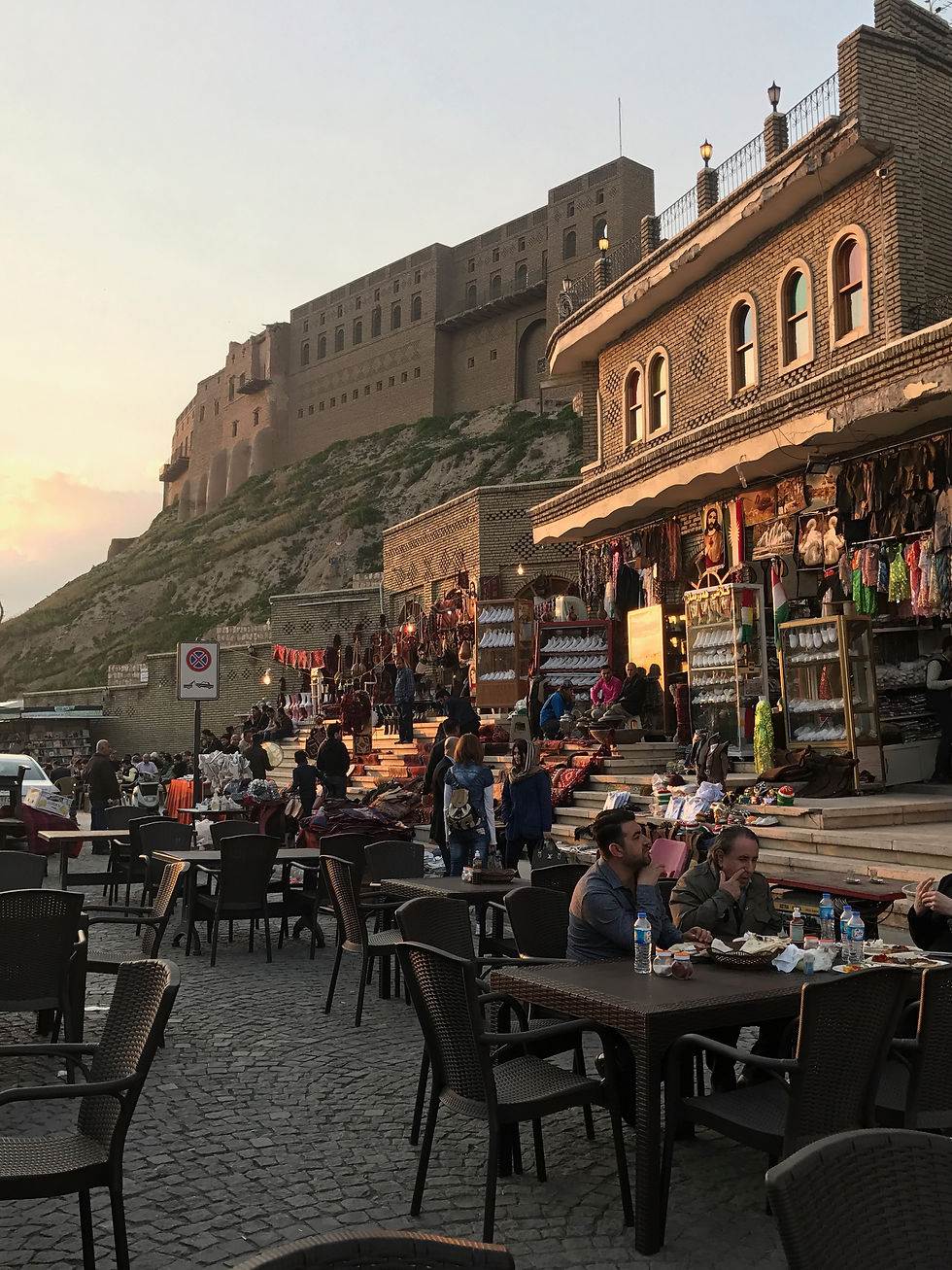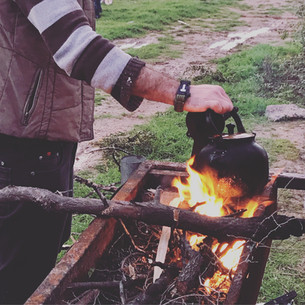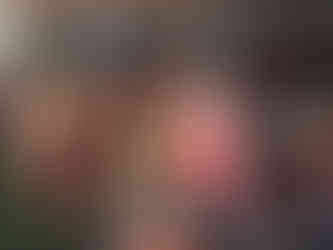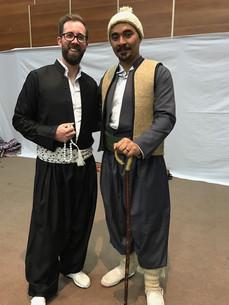Iraqi Kurdistan
- Joel Bond Travels
- May 13, 2019
- 2 min read
Updated: Sep 24, 2019

Click here for a free guide to Iraqi Kurdistan!
Few travellers veer this far off the beaten path, but those who do are rewarded with some of nature's most spectacular views, some of the world's most hospitable people, and one of the world's most ancient cultures. This is Iraqi Kurdistan, a semi-autonomous region nestled in the mountains in the northern part of Iraq.
While Iraq proper is largely closed to the casual tourist, the northern Kurdish lands are accessible and welcoming. Direct flights to the region's capital Erbil (also known as Hewler in Kurdish) and her second city Sulaymaniyah (Slemani) are possible from Istanbul, Turkey; Doha, Qatar; and Amman, Jordan. A free 30-day visa for most nationals is available on arrival.
Once in Kurdistan, it's worth exploring both the large cities and the rural mountain villages. Bustling Erbil is home to the Citadel, one of the world's oldest continually inhabited cities. This tell-fort hovers over the city square, where old men play backgammon and sip tea, while families stroll among the park fountains. On the eastern edge of the square, make-shift stalls are erected with traditional qazwan prayer beads for sale. Head west into the covered bazaar for an afternoon of getting lost in the labyrinthine alleys filled with textiles, housewares, mobile phone accessories and baklava vendors.
Sulaymaniyah (Slemani) is Iraqi Kurdistan's second city. Largely considered to be more progressive than the capital counterpart, Slemani's location in a mountain valley draws visitors for the spectacular views and more casual pace of life. Visitors can enjoy the bazaar district (which seemingly stretches for miles), discovering lane after lane of goods for sale. Near the city centre, Amna Suraka museum provides a sobering counterpoint with its numerous halls dedicated to documenting Saddam Hussein's genocidal atrocities against the Kurds. Be sure to check out the latest exhibit documenting the more recent campaign against ISIS.
If city scenes are not your cup of tea, then have no fear: Kurdistan is replete with natural landscapes and breathtaking vistas. The fruit trees in the mountain villages of Hawreman change colours with the seasons, laden with snow until the late Spring. Waterfalls burst forth from every mountain gorge with the swelling rains of March and April, and the valleys are in bloom with blood-red, sunshine-yellow and snow-white wildflowers. As summer draws near, families flock en masse to roadside picnic spots and high mountain streams. Even in summer heat, escape can be found in the mountain resort of Korek mountain or the nearby Bekhal waterfalls. And as the autumn wind rolls around, the chaff of the mountain growth is stripped away to reveal the bare mountain faces changing colours in the sun.
You'll find a taste of Iraqi Kurdistan's beauty in the photo gallery below. For enquiries into touring Iraqi Kurdistan, please visit my contact page. Alternatively, you may click the link for my recommended tour guide below.
I proudly recommend Iraqi Kurdistan Tours for your next visit to Kurdistan.






































































Comments